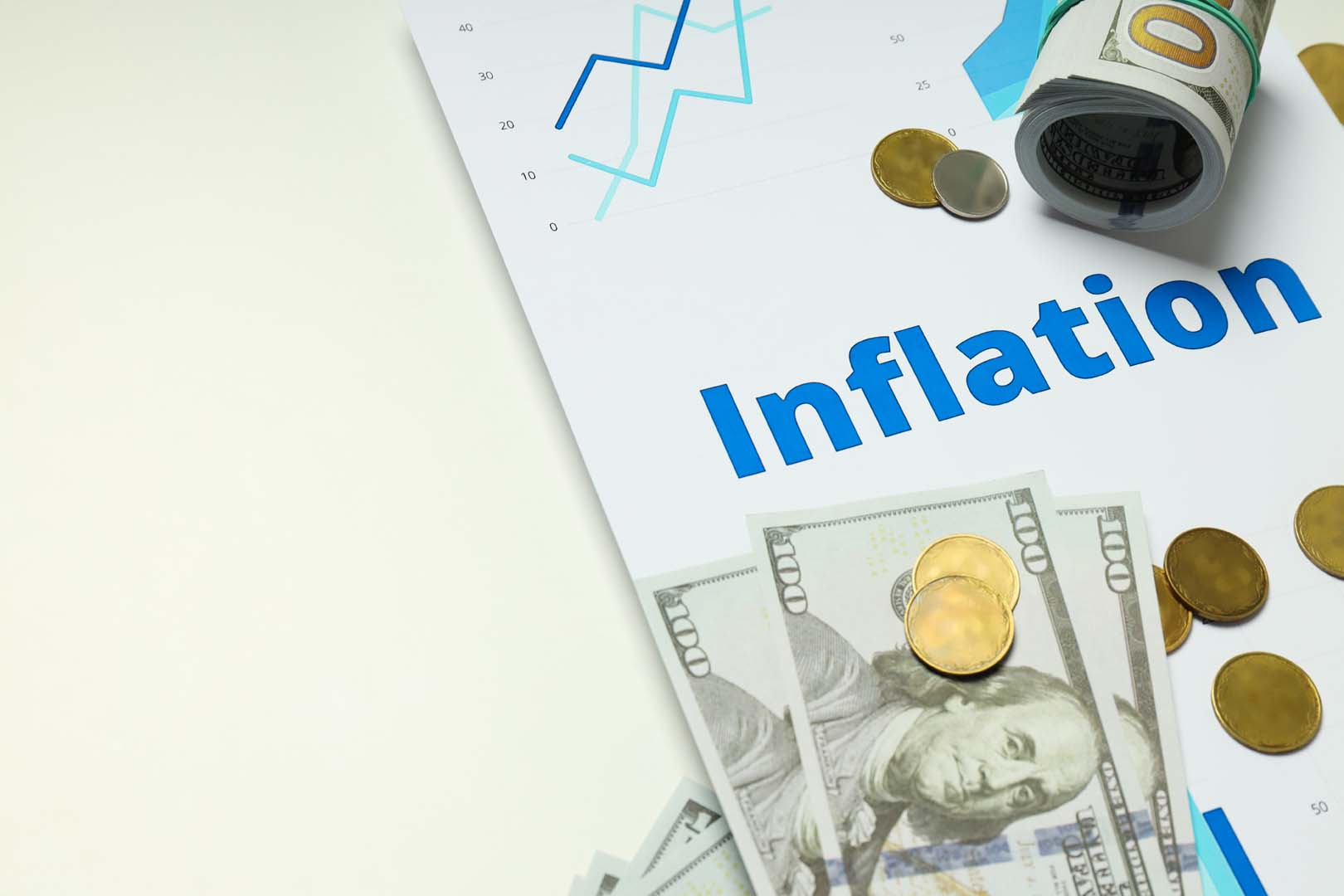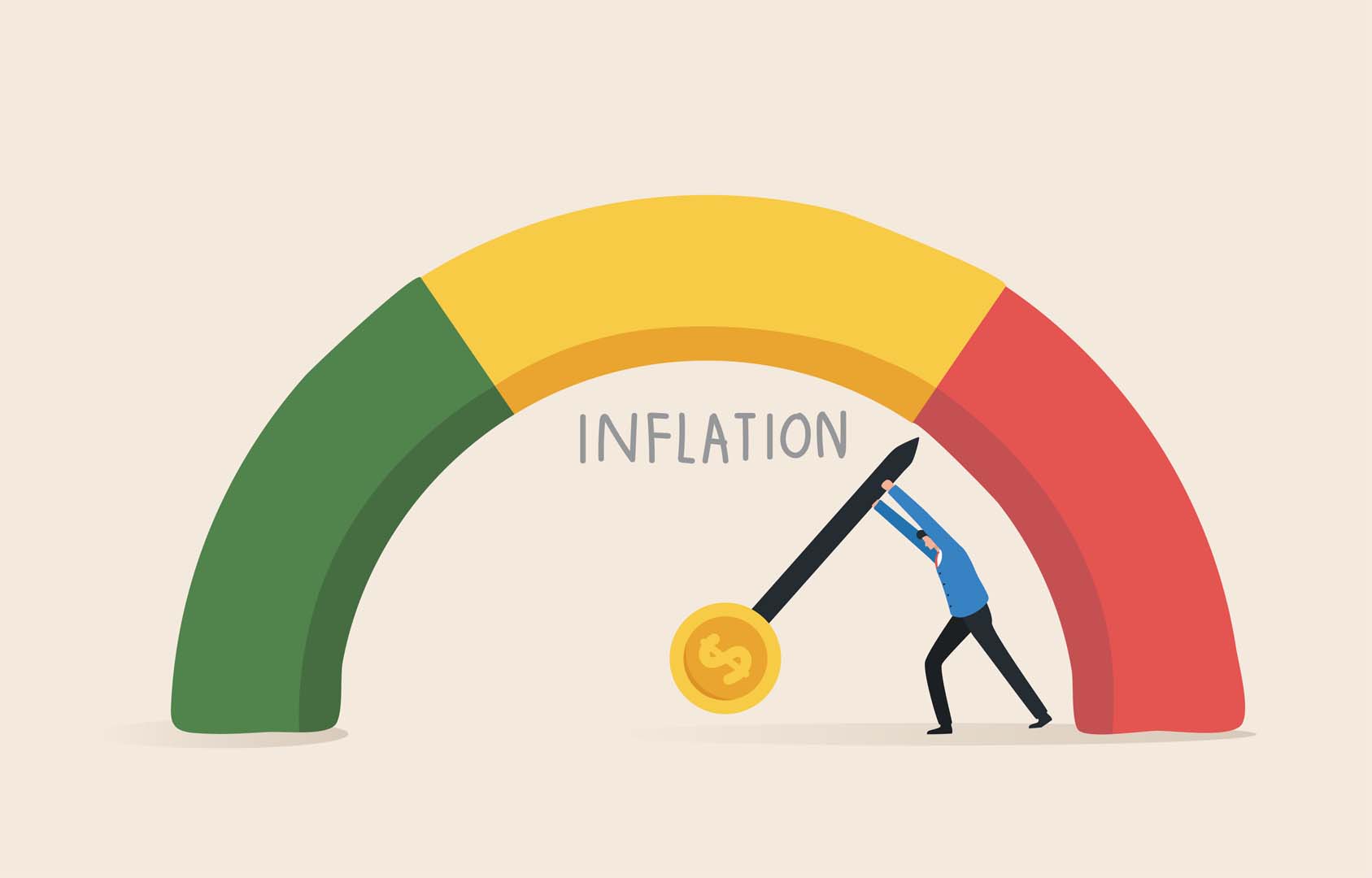Last Updated on 11/03/2023
For the first time in over a year and a half, inflation in Turkey recorded a decrease. According to figures released on Monday, consumer prices increased an annual 84.4% in November, down from an 85.5% increase in October.
The challenge of inflation in Turkey

Inflation in Turkey has always been a challenge for the country and it succeeded to balance it. Yet, since January 2020, Turkey has been witnessing a defiant situation when it comes to inflation rates and currency levels.
According to reports, the annual inflation rate between June 2021 and June 2022 was 78.6%, with food prices doubling and transportation costs rising by 123%. The Turkish Lira has lost 20% of its value versus the US dollar since the year’s commencement.
However, over the past two decades, Turkey’s economy has advanced significantly, with average annual GDP growth of 5.8% between 2002 and 2021.
Covid pandemic impact on the world’s economy

Over the past three years, the world has experienced a painful process that began with the pandemic and has since become more complicated due to tense conflicts and regional tensions. Consequently, all the economies in the world are currently dealing with the issue of rising energy, food, and raw material prices as well as the ensuing inflation problem.
Inflation in Turkey to ease by 2023

Turkish president Tayyip Erdogan stated that, as a result of the government’s actions, the negative effects of inflation will start to decrease at the start of the new year.
He claimed that the conventional way to entail hiking interest rates has not yet lived up to expectations. He also noted that many economies that attempt to control inflation with such measures are grappling with job losses and a cost-of-living issue.
In fact, Turkey’s annual inflation rate decreased to 84.4 percent in November 2022 from 85.5 percent the previous month, which was in line with market expectations of 84.7 percent and was the first decrease in 18 months.
Turkiye’s economy model to balance the inflation rate
The Turkish government promotes low-interest rates as part of its economic plan, known as the “Türkiye Economy Model,” in an effort to increase exports, output, and investments as well as reduce inflation in Turkey and turn the country’s protracted current account deficits into surpluses.
At its most recent meeting in November, Turkey’s central bank reduced its one-week repo rate, or key policy rate, by 150 basis points to 9.0% in accordance with the model.
Promising recent data
Recent official data revealed that price hikes in Turkey eased in November, suggesting that the inflation pressures that have plagued consumers for over a year and a half may finally be reducing.
The Turkish Statistical Institute (TurkStat) reported that the annual consumer price index (CPI) decreased to 84.39% last month, breaking a 17-month trend of increases.
It decreased from an October peak of 85.51%, a 24-year high, and was the first annual decrease in inflation since May 2021, when the CPI was 16.6%.
The same source also published the increase in the Consumer confidence index in Turkey lately which is a hopeful statement for the Turkish economy.
Continuous efforts to decrease the inflation in Turkey
 Turkey is one of the countries that went through an economically difficult period rather pleasantly due to its strong infrastructure and economic strategy. Lorries and trucks carrying cargo from our nation to Europe, Asia, and the Middle East clog our highways and roadways.
Turkey is one of the countries that went through an economically difficult period rather pleasantly due to its strong infrastructure and economic strategy. Lorries and trucks carrying cargo from our nation to Europe, Asia, and the Middle East clog our highways and roadways.
Moreover, Turkish exports were strong and reached an all-time 10-month high of $209.5 billion from January through October of this year, according to official figures.
After attaining a record $225 billion in exports in 2021, Turkey has set a target of $250 billion for this year.
Furthermore, Turkey made progress by going above and beyond making up for the losses in the tourism industry, which was hardest hit by the epidemic, and highlighted that it was able to surpass the 31 million employment threshold for the first time.
In late October, the government increased its year-end tourist goals for the second time in this calendar year. Its current projections are 50 million tourists and $44 billion in revenue, up from the July projections of 47 million visitors and $37 billion and the January projections of 45 million visitors and $35 billion in earnings.
Do not hesitate to contact us if you need additional information about economic trends in Turkey. You can easily schedule an initial consultation without any risk. Moreover, if you are thinking about investing in Turkey, our experts offer you full-service advisory and suggest you a reliable and secure transaction based on the state of the market. Learn more about our services.



